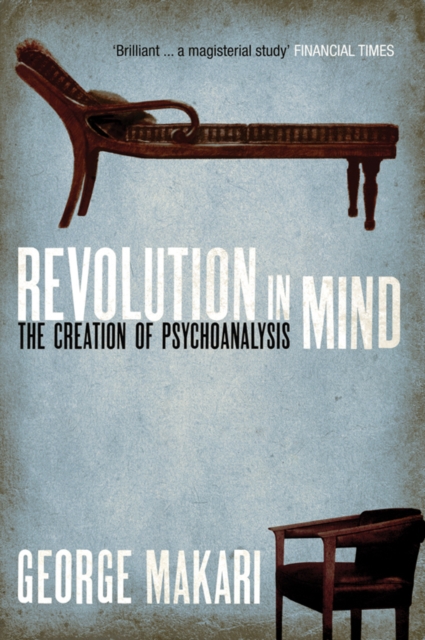
Revolution in Mind : The Creation of Psychoanalysis Paperback / softback
by GEORGE MAKARI
Paperback / softback
Description
How did Freudian Theory come together as a body of ideas, and how did these ideas attract followers who spread this model of mind throughout the West?
Makari contextualises Freud's early psychological work amid the great changes occurring in late-nineteenth-century European science, philosophy, and medicine, showing how Freud was a creative, inter-disciplinary synthesizer whose immersion in pre-existing domains of study led to the creation of Freudian Theory. He looks at how Freud's followers built a heterogeneous movement in the years leading to 1914, at the growth of the movement, and its subsequent collapse with the departures of Bleuler, Jung and Adler.
Finally, Makari examines the critical, but neglected, Weimar period, when there was an attempt to rebuild a more pluralistic psychoanalytic community.
This reformation resulted in the broader theoretical reach of psychoanalysis and its greater acceptance across the Western world outside Europe, where the rise of fascism was to lead to the destruction of psychoanalysis and the culture that once sustained it.
Information
-
Available to Order - This title is available to order, with delivery expected within 2 weeks
- Format:Paperback / softback
- Pages:624 pages
- Publisher:Duckworth Books
- Publication Date:26/08/2010
- Category:
- ISBN:9780715639627
Information
-
Available to Order - This title is available to order, with delivery expected within 2 weeks
- Format:Paperback / softback
- Pages:624 pages
- Publisher:Duckworth Books
- Publication Date:26/08/2010
- Category:
- ISBN:9780715639627






